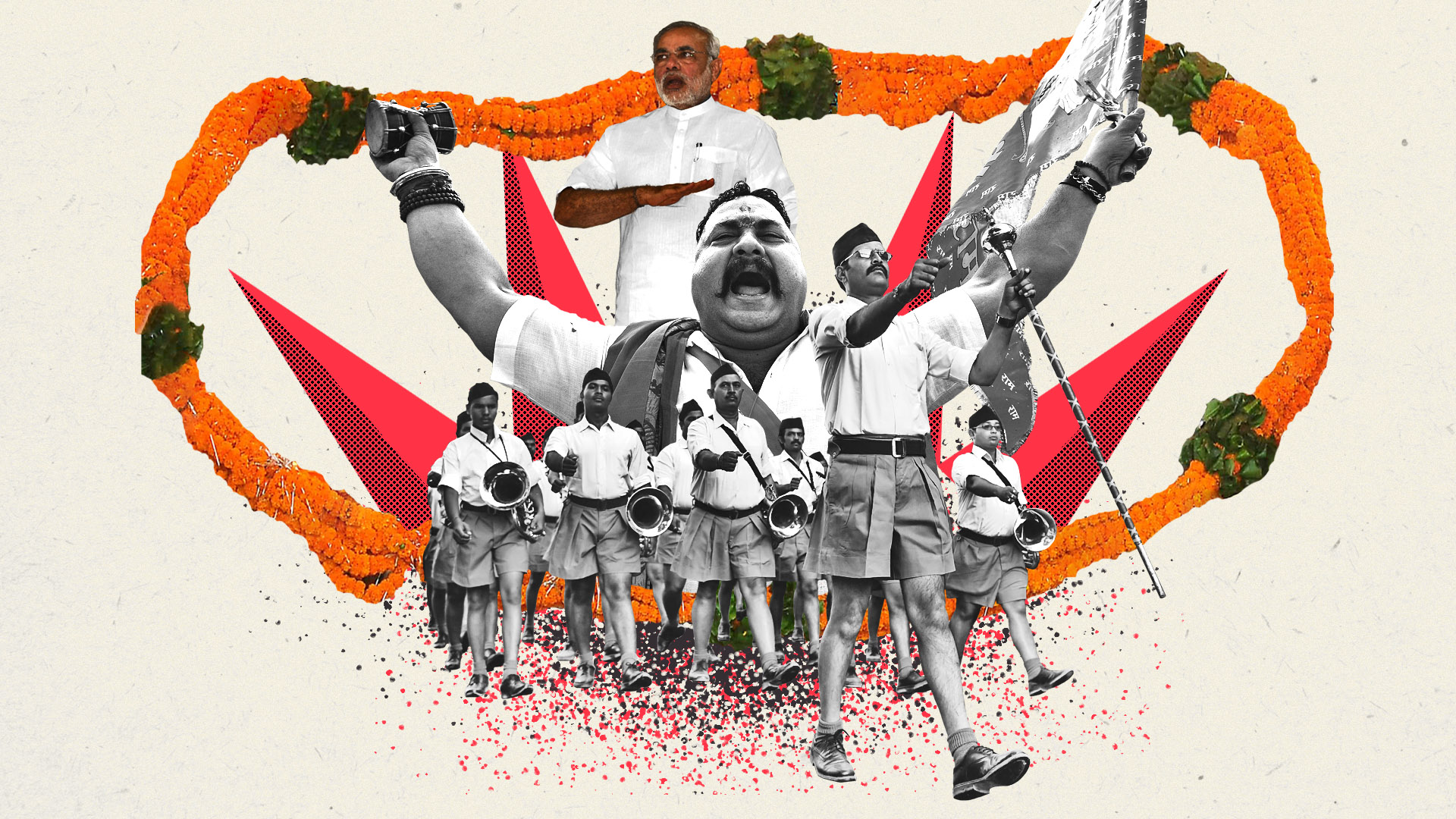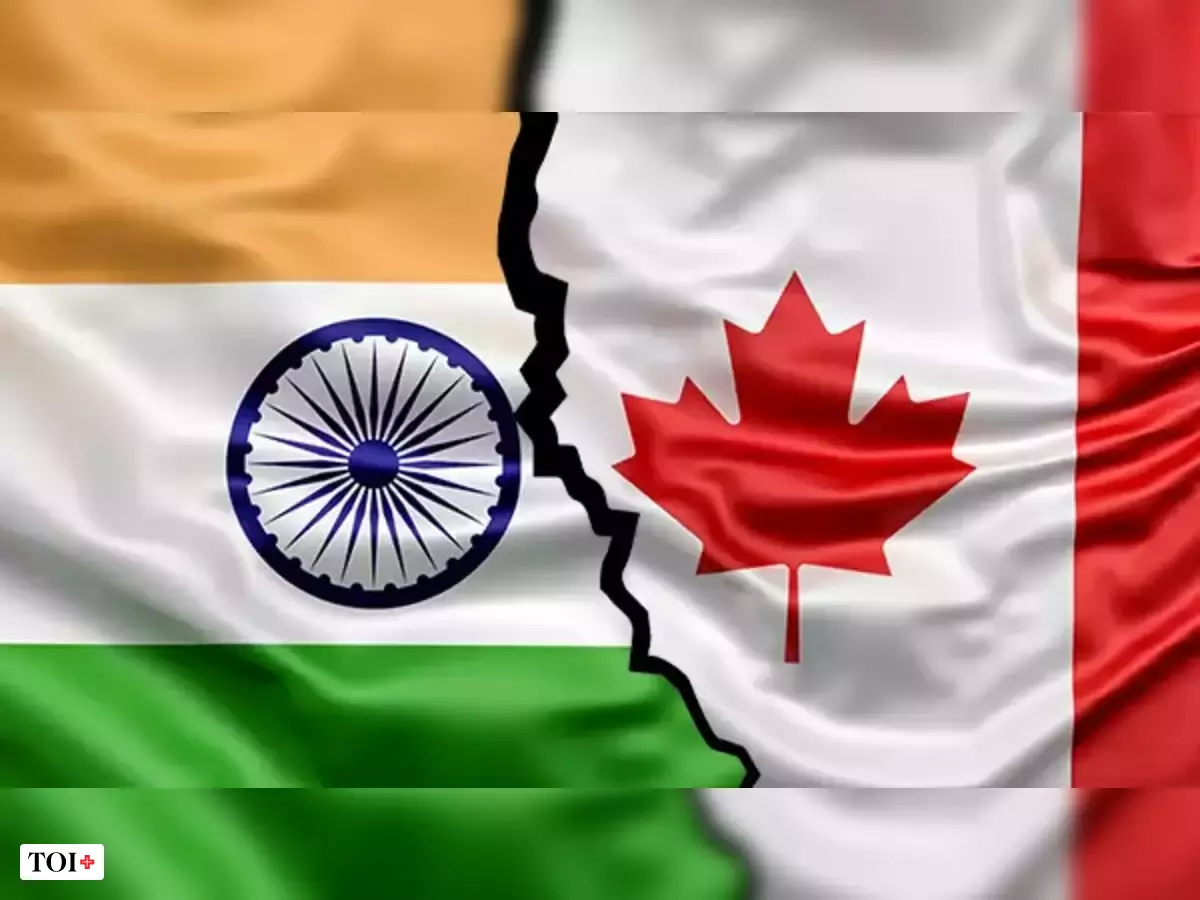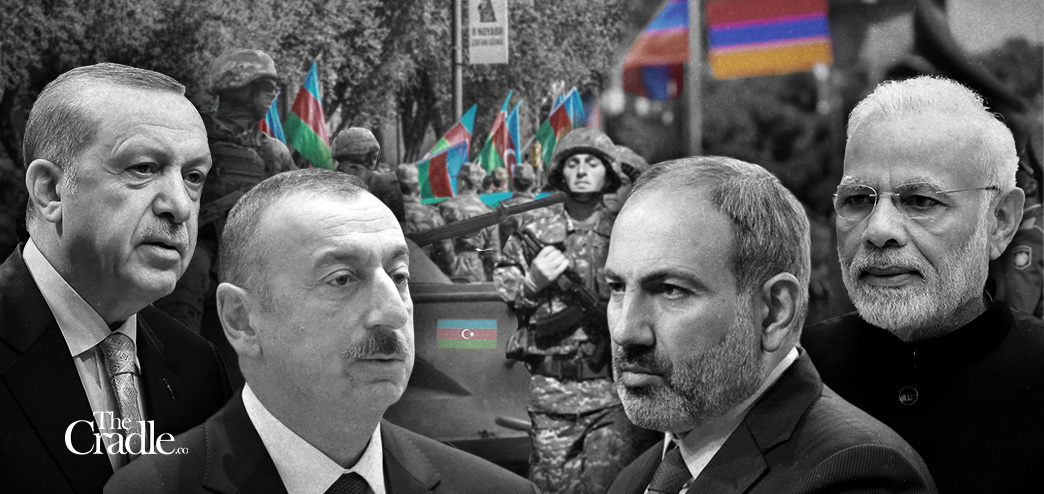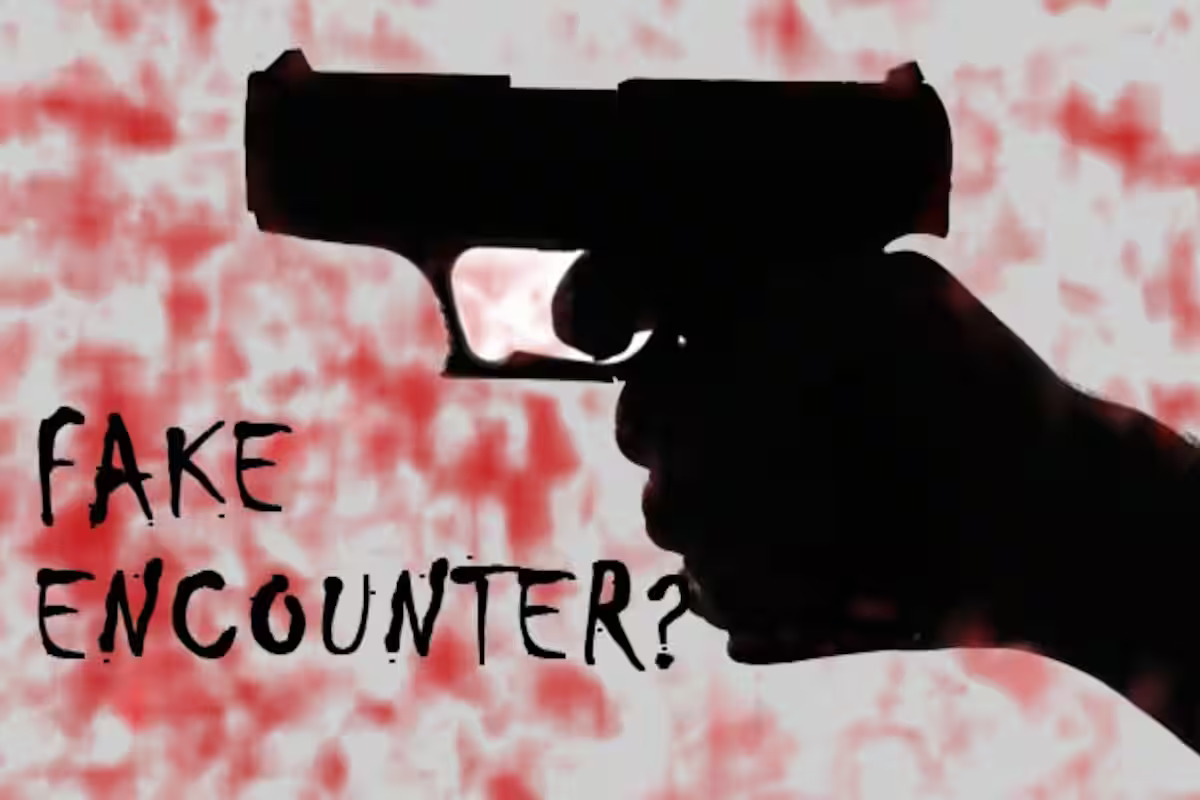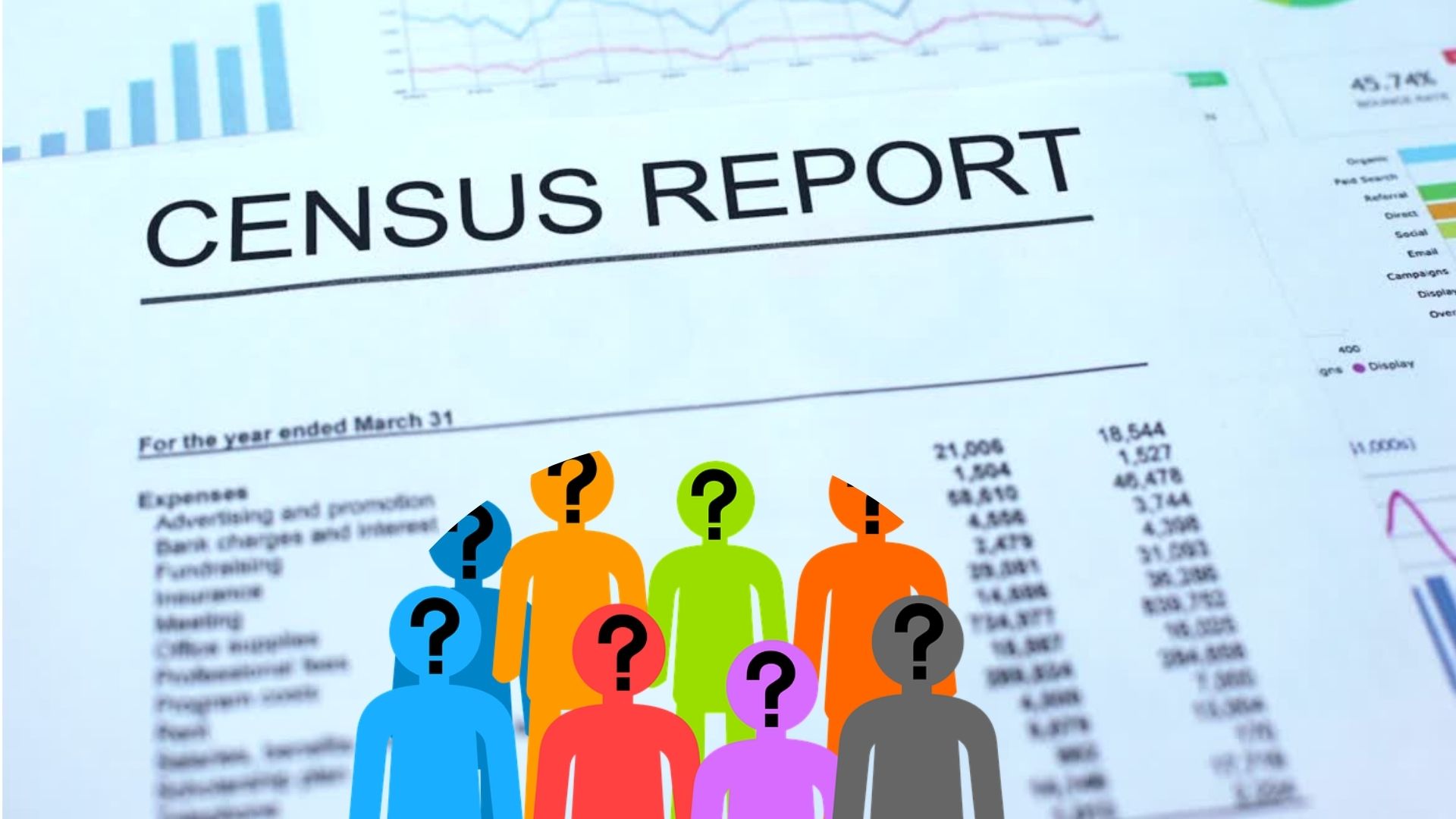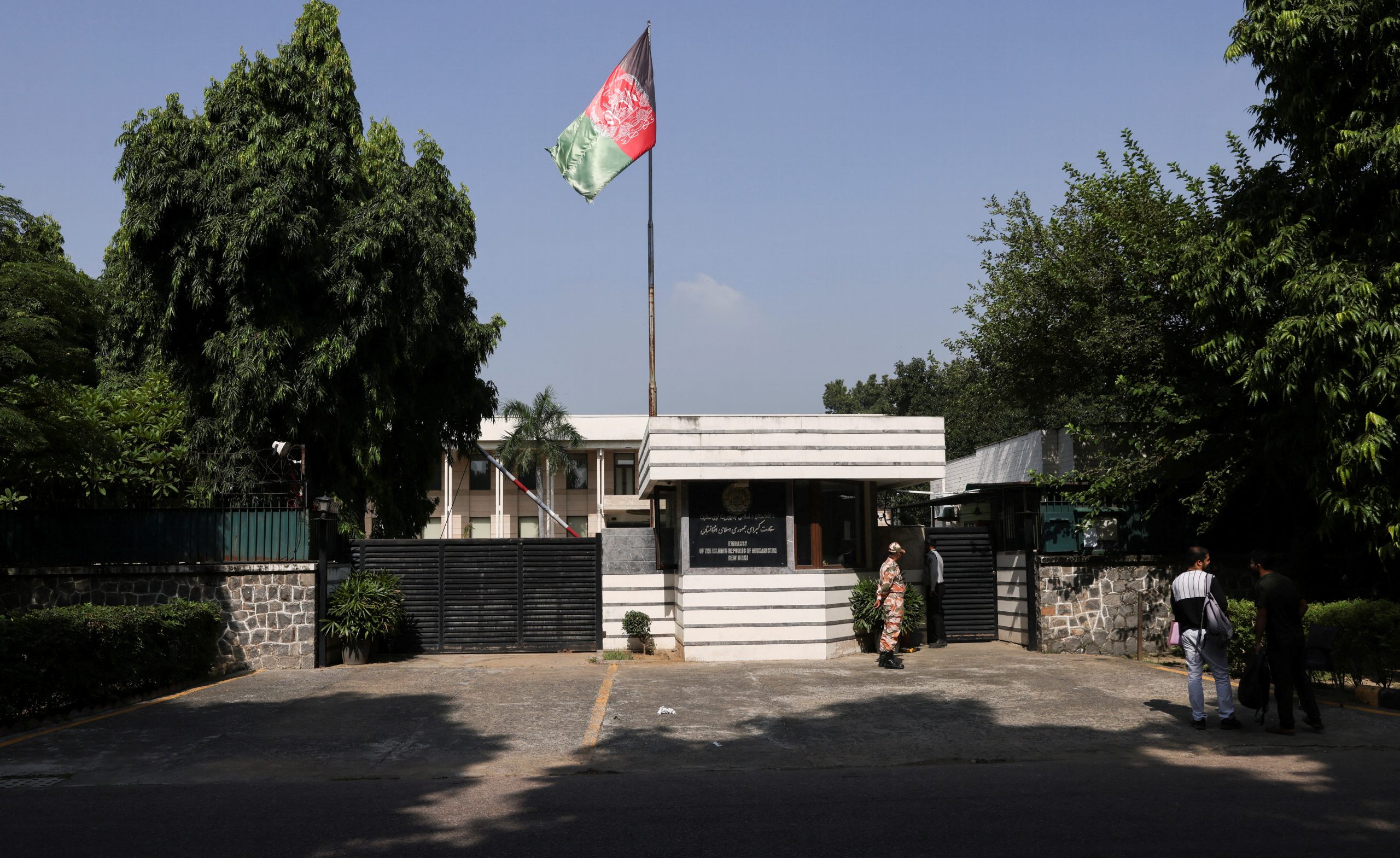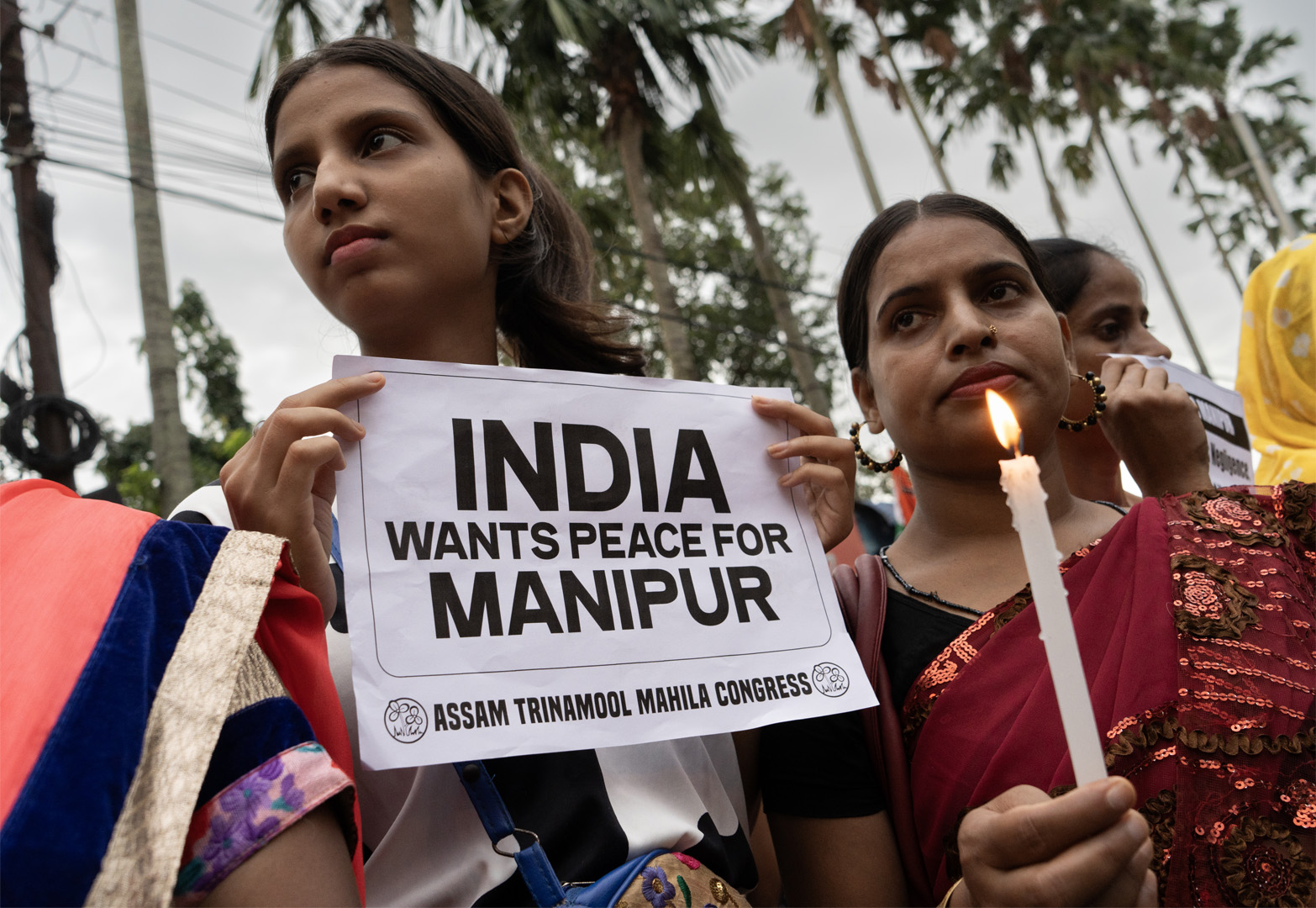Hate has been a persistent and problematic topic in human history in all of its forms. It has repeatedly shown itself to be a cause for division and destruction, whether it is motivated by prejudice, fear, or ideology. A rising tide of hatred, frequently linked to the Rashtriya Swayamsevak Sangh (RSS) and the Bharatiya Janata Party (BJP), has plagued India in recent years. This article investigates the function of hatred in Indian politics and society, as well as its potential repercussions.
With a long history in India, the RSS is a right-wing Hindu nationalist group. Its ideology, which dates back to 1925, centers on the promotion of Hindutva, an effort to make Hindus the dominant group in the nation. At both the state and federal levels, the BJP, the RSS’s political wing, has had electoral success. Concerns have been raised about the inclusion of hate in the agendas of these two organizations due to their intertwining.
Hatred can have far-reaching and negative effects when used for political benefit. Muslim minorities and other religious and ethnic minorities have frequently faced hatred in India. Various manifestations of this hostility have taken place, such as hate speech, discrimination, and violence. These tensions have been made worse by the venomous rhetoric that some politicians connected to the BJP and RSS have been using.
Hate-based politics often cause racial and religious divisions in society, weakening the social bonds that hold a diverse country like India together. It promotes divisiveness and distrust among communities, not unification.
An increase in hate crimes may result from instigation to violence and hate speech. In recent years, India has seen an increase in violent episodes like lynchings and mob attacks, which frequently target minorities. Victimized populations are made fearful and uneasy by these violent crimes.
Because political leaders put their own objectives ahead of the benefit of the country, a climate of hatred can damage democratic institutions. The breakdown of checks and balances can promote authoritarian inclinations and jeopardize democratic values.
Politics fueled by hatred can harm a nation’s standing abroad. India, whose culture is renowned for its diversity and pluralism, runs the risk of being seen as intolerant and exclusive on a global scale. Hate-driven policies can hinder foreign investment and tourism, which has an effect on the stability and growth of the economy.
We have seen a number of abhorrent instances over the past several months, which show how widespread and rapidly increasing hate is in this nation.
One may think of Mohit Yadav, a bus conductor, who said that he had to halt his transport because some people needed to relieve themselves, while others wanted to do namaz. After a complaint was made, Yadav and the bus driver had their employment suspended. A few days later, Yadav committed suicide.
A Muslim child was told to stand up by Tripta Tyagi, a primary school teacher, for failing to do his homework. She then asked the other pupils in her class to slap the youngster one at a time. During the event, she also made a reference to “Mohammedan” (Muslim) youngsters.
Two Muslim pupils were arguing when a different instructor, Manjula Devi, allegedly singled them out and said that India wasn’t their country. According to allegations from schools, Hindu pupils forbid Muslim youngsters from playing with them.
To top it all off, the “mother of democracy’s” parliament witnessed a revolting incident when BJP MP Ramesh Bidhuri called BSP MP Danish Ali a “mullah,” “terrorist,” “anti-national,” “pimp,” and “katwa” (a term used towards Muslims in Hindi).
Many other BJP MPs and leaders have stepped up to defend their colleague, accusing Danish Ali of inciting Bidhuri, despite the fact that Danish Ali has written to the speaker urging them to take action against Bidhuri for his abhorrent hate speech. Another claimed that Danish Ali had staged a play to get into Congress.
Two former BJP ministers, Dr. Harsh Vardhan and Ravishankar Prasad, were amusingly laughing while Bidhuri was spewing hate speech.
While the events that occurred in parliament may be the pinnacle of what hatred can accomplish, incidences of the kind described above may only be the tip of the iceberg. The Muslim community may be experiencing an undertone of fear, insecurity, and wrath, some of which can be detected with careful observation.
In addition to the economic problems, violence, humiliation, and subjection of Dalits, women, and Adivasis, which mark the emerging dominance of majoritarian politics, the prominent observations are the marginalization, frustration, and helplessness of the Muslim community.
Is hatred a recent trend? In no way: During the colonial era, “communal streams,” or Muslim and Hindu communalism, were planted, which led to the promotion of hate by communal organizations against the “other” community and the subsequent rise in intergroup conflict.
The ethnic and sectarian violence that existed under the authority of kingdoms when Shia-Sunni or Shaiva-Vaishnava disputes disrupted social harmony is quite different from the communal violence that exists now.
Although this needs to be elaborated on in great depth, Bidhuri’s acts were ultimately only mildly regretted. The Lok Sabha speaker, Om Birla, warned that if Bidhuri committed the same offense again, he would face consequences.
Corporate entities that have a close working relationship with the majoritarian party have completely taken control of the television networks. This party, which seeks to create a Hindu nation, has also established a media department and created thousands of WhatsApp groups to spread its anti-Hindu message.
It’s understandable why the India Alliance felt forced to choose not to participate in the 14 news anchor TV discussions due to its helplessness. These anchors have created numerous methods to disparage opposing parties and religious minorities in a bid to appease their bosses. They lack objectivity and speak truth to power, which are essential components of a journalist’s code of ethics.
You simply watched this horrifying phenomenon in silence? What can be done? That is the question. Can the opposition come together to condemn hate speech? Can political parties that uphold the Indian Constitution’s principles, as well as social organizations and human rights organizations, collaborate to find a strategy to advance fraternity at the local level? This essential project has been overdue for some time.
The social fabric, democracy, and international reputation of India are being threatened by hate in all of its forms. It is imperative to critically analyze and address the function of hatred in politics, particularly within the RSS and BJP. India needs to adopt a culture of tolerance, diversity, and responsible leadership if it wants to ensure a brighter future. Only then will the nation be able to overcome the poison of hatred and progress toward a future where all of its residents live in harmony and prosperity.
